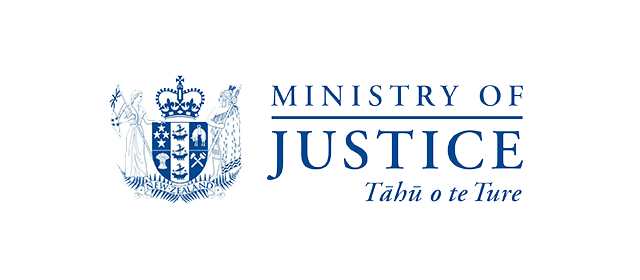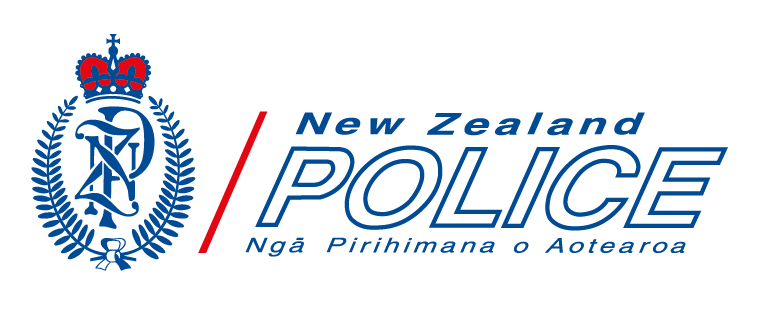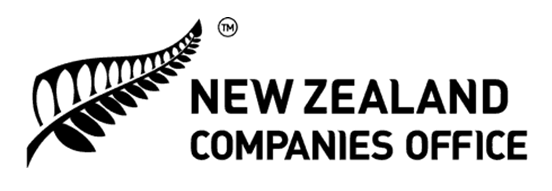illion is now part of Experian. You will start seeing Experian branding as we transition to Experian Tenancy
Public Check
Search multiple publicly available sources with one check
The Public Check by illion Tenancy is a quick background check. It performs instant simultaneous searches for information on your applicant through over a dozen sources, including several international sources. Searching parameters can be changed to research 37 other countries.
The Public Check results are matched by your applicant's names only, not birthdate, therefore some information may not relate to your applicant. This is because the sources that are searched do not have the applicant's birthdate recorded, or in the case of social media searches, the applicant has made their birthdate confidential in their profile settings.
Tip: we recommend including the applicants middle name (if any) into your search criteria to improve the accuracy of your search results.

Facebook and Linkedin search results will provide a link where it will generally provide several options showing our most relevant results for your applicant. You must already be logged into a Facebook and Linkedin account to view the results. Often you will identify them from the town they are from, or the pictures in the facebook account. Photos of your applicant will show depending on the applicants privacy settings in their social media account.

The person in their hometown, the person in NZ, and the person with their middle name included.


Be aware, the Ministry of Justice Tenancy Tribunal Orders database only retains orders online for a period of 36 months from the date of publishing, does not update Tribunal Orders, and does not record the tenant’s birthdate, therefore matches are not always for your applicant.
On any results, the first indicator might be the address of the tribunal order. Some Tribunal orders show a middle name so that might be an indicator. If there is a possibility it is your person, it is good to talk to them and ask them. They will generally be truthful when confronted with information about a tribunal order which is actually them.
Searches are also done for Court Judgements from the High Court, Court of Appeal and Supreme Court, including drugs charges.

News stories are found based on the tenant name, so you don’t need to spend hours scrolling through multiple sites.
Active links to news stories posted by local and national newspapers and online news sources

Search the New Zealand Police database to learn whether your applicant is wanted for arrest or listed as a missing person.
For your own safety, Police recommend you DO NOT approach or confront any of these people at any time.

Search the Parole Board for records of those who are on parole. This will help property managers avoid possibly dangerous tenants
The Board holds thousands of hearings a year, and considers a wide variety of information as part of its decision-making.

Search the Sensible Sentencing Trust, which is New Zealand’s largest database that names a significant number of violent offenders and the crime(s) they have been convicted of. This will help property managers avoid possibly dangerous tenants
Notice: This search is currently unavailable because the SST are undergoing database maintenance.

Searches on the Companies Office will show any disqualified or banned director and shareholder records along with any current director and shareholder records

The New Zealand Gazette is the official newspaper of the New Zealand government. It is an authoritative journal of constitutional record and contains official commercial and government notifications that are required by legislation to be published. Notices include business proceedings, bankruptcies, land notices, parliamentary notices, and notifications from government departments and agencies.
